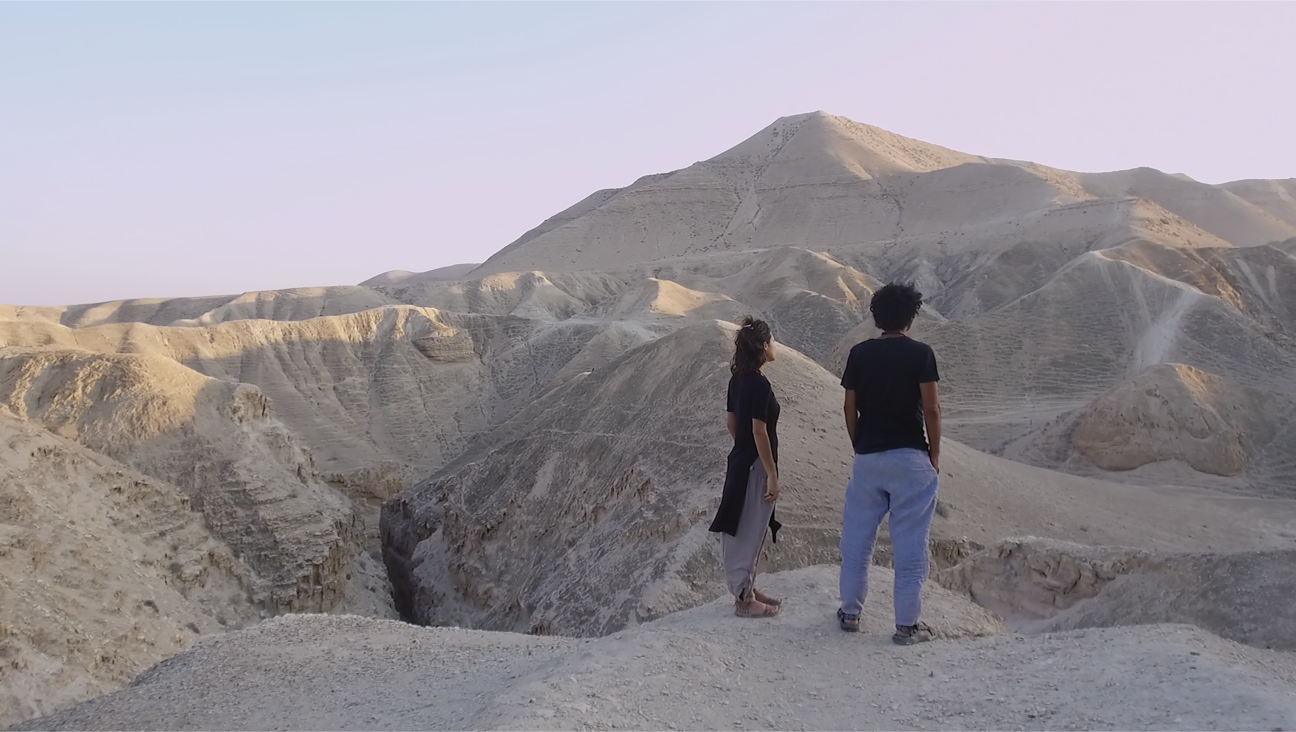Freud Turns 150, Takes Seat on Bay Area Couch
Sometimes a sesquicentennial is just a sesquicentennial.
And then sometimes it’s a three-month-long series of movies, lectures and discussions, as it has been with the Jewish Community Center of San Francisco’s “FreudFest,” commemorating the 150th anniversary of the birth of the father of psychoanalysis.
A few-dozen staffers and members gathered in the JCC’s three-story, sky-lit atrium May 5 to have some spice cake and sing their best wishes (“Happy birthday, dear Sigmund…”) while perusing a selection of gifts for sale: Freudian slippers, “Freudian Sips” coffee mugs, Freudian slips adhesive notes, even Freud finger puppets (don’t ask).
For the record, the cake was not shaped like a cigar, although cigars were present.
Yet such levity is but a small part of FreudFest, arguably the most extensive commemoration of Freud organized by any institution in the country so far this year. The program has offered more than 40 events examining the vast impact that Freudian concepts of the unconscious mind and psychosexual development have had on politics, business, literature, popular culture and other fields, not to mention mental health. Almost 67 years after his death, Freud looms large over 20th- and 21st-century thinking, and FreudFest has sought to explore how.
“It’s a Freudian approach to Freud, which means we are projecting onto Freud things that we associate with him as a means of jumping off onto other things,” said Rabbi Yoel Kahn, director of the JCC’s Taube Center for Jewish Life. Kahn is a key organizer of FreudFest. “We had to stop just because of what we could afford, what we could organize. There were 101 other things we could have done.”
The Society for Humanistic Judaism also has commemorated the anniversary of Freud’s birth with lectures, discussions and ceremonies in congregations across the United States and Canada. The society’s biennial conference last month in Cambridge, Mass., featured speeches by Catherine Reef, author of “Sigmund Freud: Pioneer of the Mind,” and by noted San Francisco author and editor Al Averbach, who delivered a talk titled “All in the Family: Freud, Moses, Monotheism.”
According to the society’s executive director, M. Bonnie Cousens, large, enthusiastic crowds attended both speeches.
Much like Albert Einstein, whom the society celebrated in 2005, Freud is “somebody in history who has had not only an impact on us as humanists and as Jews, but on the world,” Cousens said. “You see tremendous changes their ideas have made to the way we live our lives today. And if humanistic Judaism had existed in their world, we believe both would have embraced it.”
Freud’s focus on the individual and rejection of a supreme being makes him a timeless hero to humanists, Cousens said. “In a time when people clearly revolved around religious belief, he was prepared to stand up and say this might not be a valid system.
“But he then went further and developed this whole psychological system that so much of our current philosophy of psychology is built on. It has impacted our lives in so many ways and so many directions.”
Freud’s secular Judaism might have influenced him more than we — or he — could know, Kahn said. Though he described himself as a “completely godless Jew,” Freud self-identified culturally as Jewish; he was, for example, an active member of B’nai B’rith.
Kahn suggested that any resistance Freud may have met in academia because of his heritage would have motivated him to push his work in new, groundbreaking directions — a pattern seen with Jewish inventors and thinkers down through the ages.
In fact, Freud once wrote to a colleague: “In my opinion, we as Jews, if we want to cooperate with other people, must develop a little masochism and be prepared to endure a certain amount of injustice. There is no other way. You may be sure that if I were called Oberhuber my new ideas would, despite all the other factors, have met with far less resistance.”
Freud’s work, his heritage and his influence were among the many themes that played out during FreudFest at the JCC in San Francisco.
Stanford biology and neurology professor Robert Sapolsky has lectured on the biology of individuality — how to make sense of behavior in the context of brains, genes and hormones. Psychologist and author Wendy Mogel spoke about using Jewish teachings to raise self-reliant, optimistic, grateful children in a nervous world. University of Chicago philosophy professor Jonathan Lear discussed Freud’s critique of religion and the challenge of religious commitment in the 21st century.
The JCC screened such movies as “Secrets of a Soul,” G.W. Pabst’s 1926 expressionist film about a professor whose murderous nightmares and phobia of knives lead him to psychoanalysis, as well as Alfred Hitchcock’s 1945 classic, “Spellbound,” in which Ingrid Bergman plays a devoted therapist uncovering repressed memories from an amnesiac (Gregory Peck).
Author Vivian Gornick came to discuss the influence of psychoanalysis on her work, especially her acclaimed memoir “Fierce Attachments.” San Francisco cantor and international vocal performer Sharon Jan Bernstein hosted “A Session at the Yiddish Piano Bar” featuring rare Yiddish songs on Freudian themes of loss, fantasy, mothers, pleasure, repression and sexual desire.
“We never expected the success we’ve had with this,” said Lenore Naxon, director of the JCC’s Eugene & Elinor Friend Center for the Arts, describing events that were planned for 15 but attracted 120.
Wendy Bear, director of the JCC’s Richard & Rhoda Goldman Center for Adult Living & Learning, said she’s not surprised. “It just resonates with the broader community,” Bear said. “We did a lot of outreach, not just to the Jewish community but to a lot of different communities.”
Part of that outreach was to community partners who helped organize some of the events, including the San Francisco Psychoanalytic Institute and Society, the University of California at San Francisco, the California Academy of Sciences, the San Francisco Jewish Film Festival, Jewish Family & Children’s Service, Congregation Emanu-El and the Bureau of Jewish Education’s Jewish Community Library.
And the best and biggest may be yet to come. Although Freud’s birthday was May 6 — hence the celebration in the JCC’s atrium – FreudFest actually will culminate with a full day of events Sunday, May 21. Keynoting with a talk on “Why Freud Haunts Us” will be California College of the Arts President Michael Roth, curator of a Freud exhibit several years ago that visited New York, Vienna, Los Angeles, São Paulo, Brazil, and Chicago. It was that earlier exhibit, organized by the Library of Congress, that inspired Kahn and others to start organizing FreudFest more than a year ago.
Other events scheduled for May 21 include Emory University’s Sander Gilman speaking on “Freud’s Nose Job: How the Jews Invented the Psyche,” and Ira Glass — host and producer of National Public Radio’s “This American Life” — in conversation with author and humorist David Rakoff on “The Talking Cure,” an evening of Freudian themes. Kahn said the Glass/Rakoff event sold out quite some time ago.
“‘This American Life’ is the most Freudian radio show I can imagine — it’s free association in the best possible productive way,” Kahn said, noting that he, Glass and Rakoff have something in common: All their mothers were psychologists or psychiatrists.
A message from our Publisher & CEO Rachel Fishman Feddersen

I hope you appreciated this article. Before you go, I’d like to ask you to please support the Forward’s award-winning, nonprofit journalism during this critical time.
We’ve set a goal to raise $260,000 by December 31. That’s an ambitious goal, but one that will give us the resources we need to invest in the high quality news, opinion, analysis and cultural coverage that isn’t available anywhere else.
If you feel inspired to make an impact, now is the time to give something back. Join us as a member at your most generous level.
— Rachel Fishman Feddersen, Publisher and CEO






















